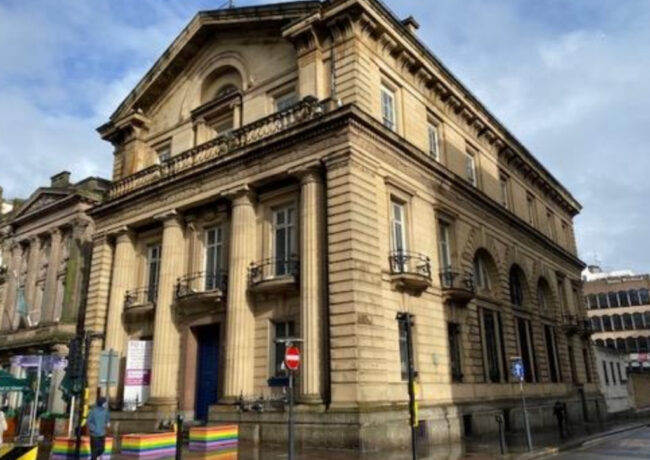NW in 2019 | University challenge
Creating environments that support collaboration and innovation is vital for our region’s future prosperity, writes Annette Bramley, director, N8 Research Partnership, with universities playing a leading role.
Some of the most inspiring new build projects to take shape in the North of late have been additions to our region’s universities, to enable research and innovation for the 21st Century.
The University of Manchester’s new Graphene Engineering and Innovation Centre will help to realise the Graphene City vision of creating a critical mass of scientists, engineers, innovators, industrialists, and IP expertise within the North West.
Elsewhere, there’s the Nexus Innovation Centre in Leeds – due to launch in spring 2019 and designed to provide businesses across the region with easy access to the University of Leeds’ world-leading academic research experts and facilities.
In Newcastle, The National Innovation Centre within Newcastle Helix has been designed to be a truly accessible, welcoming and inclusive facility that will encourage use and interaction with the widest possible cross-section of future partners.
In each case, the developments represent far more than an addition to university property portfolios – they are spaces that will foster innovative eco-systems, to help drive our economy forward by stimulating collaboration between industry, academia and the public.
So, while they add to the ‘hard’ infrastructure of our cities, they also offer a wealth of additional assets in terms of skills, innovation and R&D capability. Not only are these new buildings functional, each one has been specifically designed to be a unique feature adding to the architectural landscape of their cities.
These academic centres of excellence have the power to transform the our region’s cities as we move into 2019 and beyond, acting as anchor developments for vibrant new communities, invested with massive science and innovation capability.
Take Liverpool’s Knowledge Quarter, for instance – home to Sensor City, a University Enterprise Zone and the focal point for sensor technology innovation and development in the UK, which is catalysing regeneration and strengthening Liverpool’s economy.
The Quarter incorporates the Paddington Village expansion site, which is set to attract a further £1bn to the city and will house 1.8m sq ft of science, technology, education and health space.
All of this is providing impetus for the regeneration of the city’s Fabric District, now also undergoing a significant transformation that will allow it to encompass daytime and night time economies catering to the Knowledge Quarter.
Universities are creating spaces that utilise infrastructure, along with knowledge, skills and innovation to drive local economies, create jobs, raise productivity and help to shape the very fabric of our cities.
But they can influence the built environment in other ways too – through the application of first-class research; sharing valuable insight with the place-making sector. It’s why at N8 we’re really excited about RIBA North’s focus on innovation in the built environment and look forward to working with them to address the most pressing issues facing place-makers and architects today and in the future.
In 2019, the North West and wider Northern Powerhouse will bid to galvanise its position as a world leader in science and innovation.
Our universities are providing the research and innovation we need to help businesses increase their productivity and to improve the quality of life of our communities. Creating environments that support collaboration and innovation is vital for our region’s future prosperity; and these new buildings are additions of which our cities can be rightly proud.




